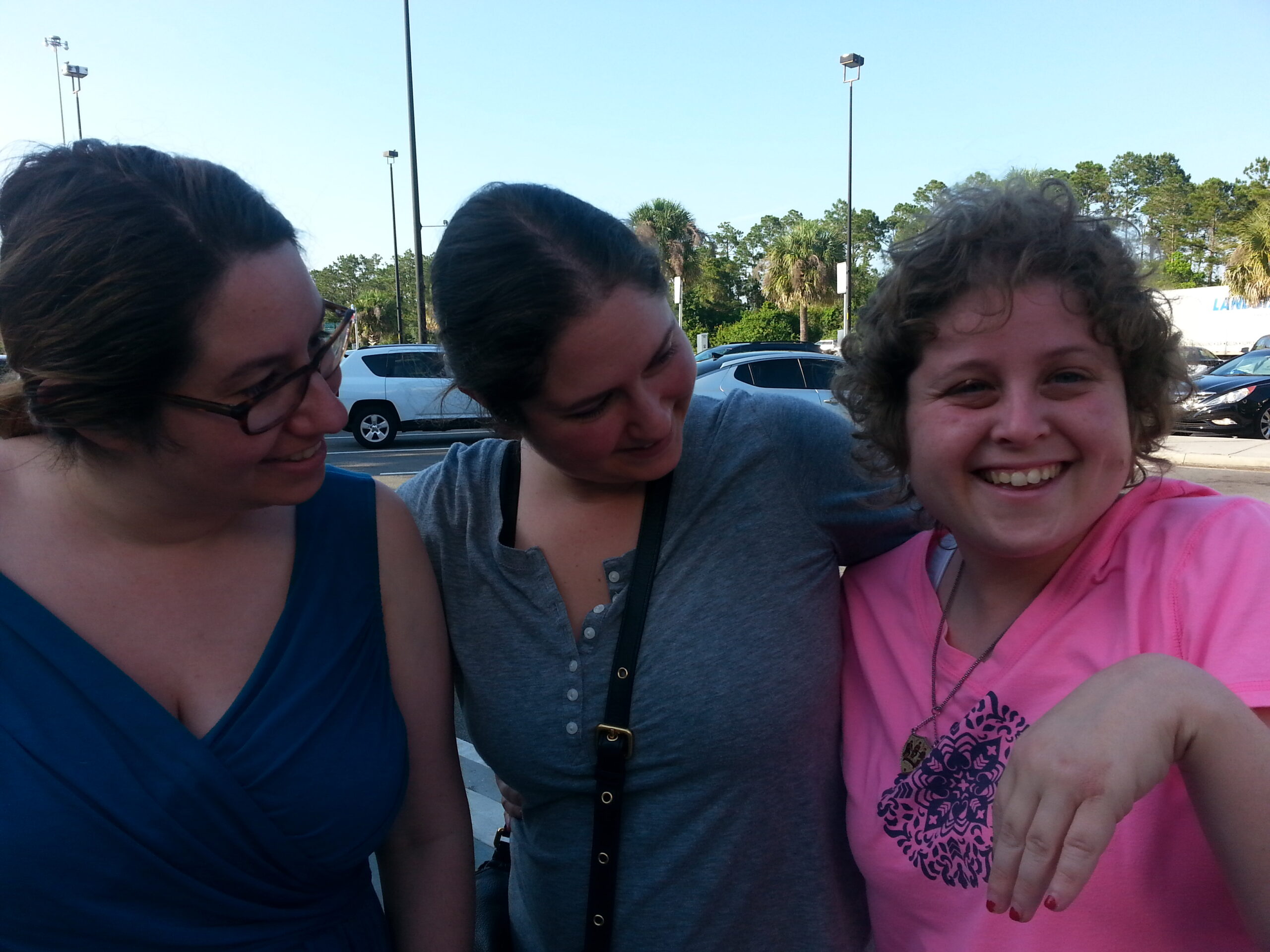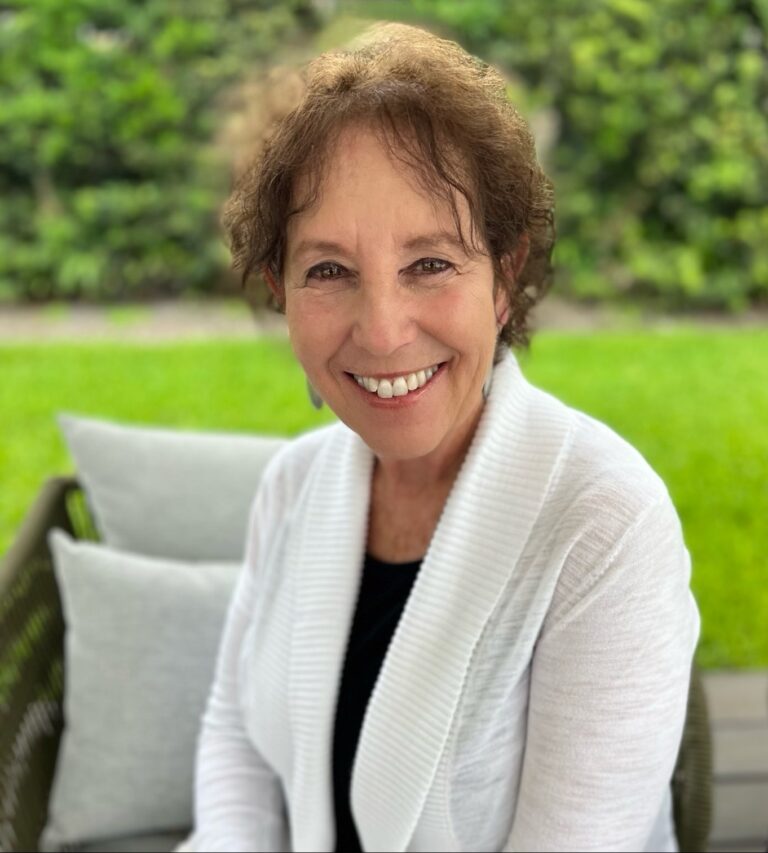It’s the same but different.
Even though Jessica lives in the group home, she comes home on the weekends, usually for two nights, sometimes one. Last Saturday, after I picked her up at the group home, she got in the car and as usual, asked, “Can we go shopping?”
But something about the way she looked gave me a bad feeling. She looked tired and worn out. However, we had planned something for my birthday and she refused to take no for an answer.
“I fine,” she kept saying. It was too much trouble to argue with her. Even when she wakes up at 2 in the morning and won’t go back to sleep, it’s impossible to reason with her. What does time mean to her anyway? So the day went on – we went shopping, bought the needed ingredients, mixed up the cake, baked it, frosted it.
At the end of the day, Jessica was dragging, so I helped her get into bed. That night was rough. She didn’t sleep well. Usually asleep by eight o’clock, she kept getting up, coughing and complaining about her ears. In the morning, she said she was fine. Again, no use in arguing with her. So we did more shopping. Jessica was excited about the birthday dinner, Mina just wanted to stick her fingers in the cake and taste the icing.
By 5 pm, I was ready for Jessica to go back to the group home. My thoughts were ‘let them deal with her’, but it was too early to take her back. We still needed to do dinner and candles. At dinner, she didn’t want to eat anything. She wouldn’t say what was wrong. When we finally lit the candles and sang happy birthday, she decided she DID want cake. A few minutes later, she started to gag.
Here we go again, I thought – she’s about to throw up all over the table. Springing into action, I shoved Jessica into the bathroom before she had a chance to begin vomiting in Sarah’s kitchen. I was proud that at least we got to the sink in time. Okay, the ideal place would have been the toilet, but it was close enough.
The crazy part is how happy I was that she threw up in the sink. After crying, throwing up, wailing, throwing up again, it finally stopped. No one saw her vomit, but I know they heard the wretching. I heard Mina ask, “Why’s Jessica throwing up?”
Jessica’s vomiting lasted a minute or two. Churned up food poured out of her mouth like rivers of brown lava. Again, I thought about how grateful I was- she didn’t have a chance to throw up all over Sarah’s kitchen table. Thank goodness poor Mina didn’t see anything. She didn’t have to witness the same things her mom and her aunt Alia used to witness, years ago, way back when this happened on a regular basis. Most of the time, it started when Jessica choked on food, unchewed green beans or even a piece of lettuce. The choking, followed by gagging, then vomit.
It was always so sudden, but the gagging noise was the signal to everyone – GET UP and GO!
I can still hear the sound of the chairs clattering to the floor when she’d start heaving. Alia and Sarah ran from the table as though the house had caught on fire. Paralyzed, Jessica wouldn’t budge and then the vomit would sprew all over the plates and surface of the table. Poor Jessica – I’d be screaming at her to move, as the frightening feeling of choking and not being able to breathe made her more immobile. I never knew whether to try to force her up and could never get her to vomit into a bag. No, the mess would erupt everywhere, cascading down the front of her shirt, over the table and on the plates. I would hold her hair back as she alternately cried, choked, vomited and tried to swat my hand away. The clean-up was the worst part.
She rarely does it anymore. That is, until last weekend.
Mina is still asking about this episode. She wants to know why Jessica threw up.”She didn’t feel good,” I told her. She keeps asking anyway. So when Jessica threw up last weekend, it reminded me of all my past challenges. That one in particular.
And, of course, I wrote about it in my book.
0






